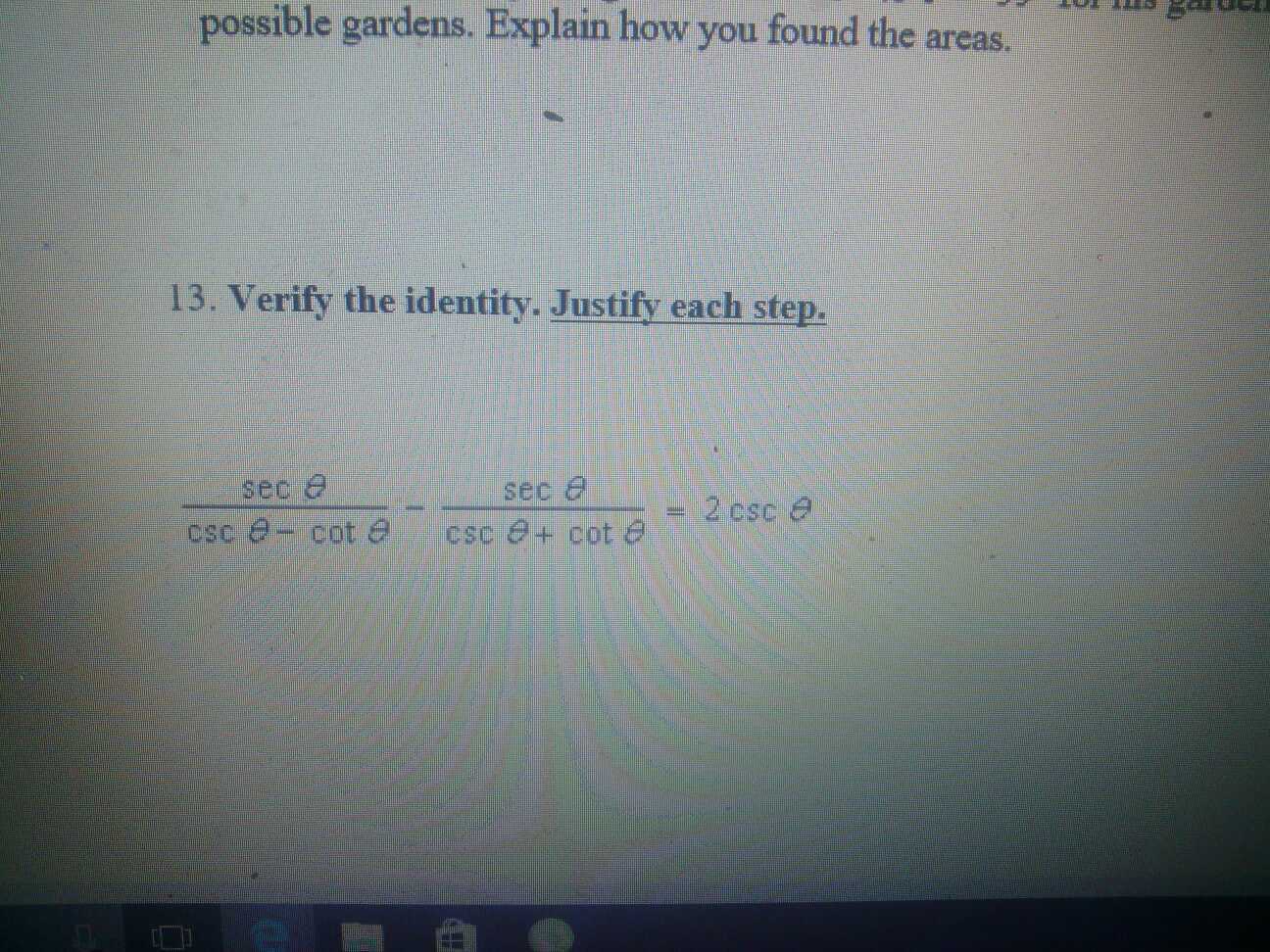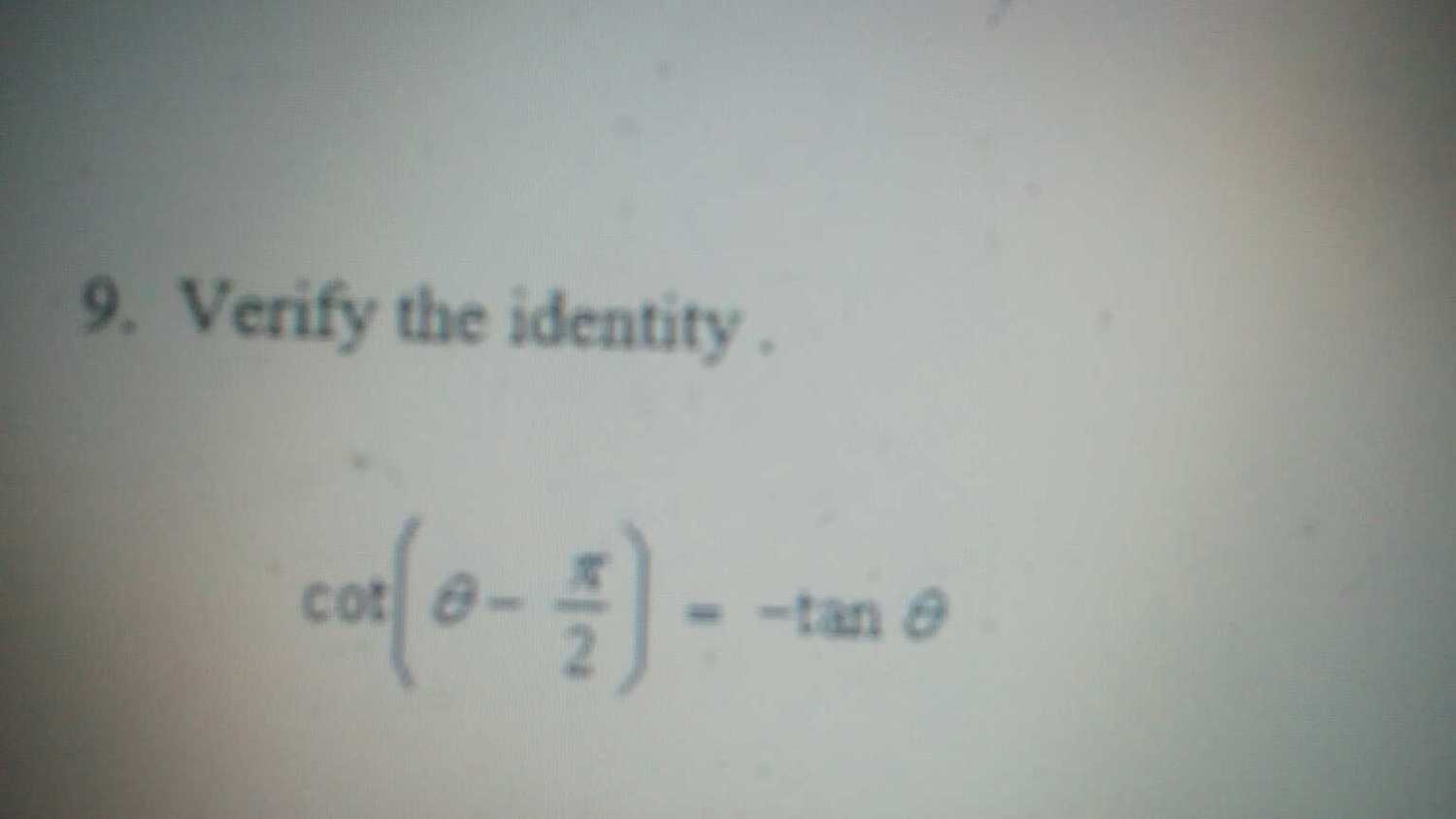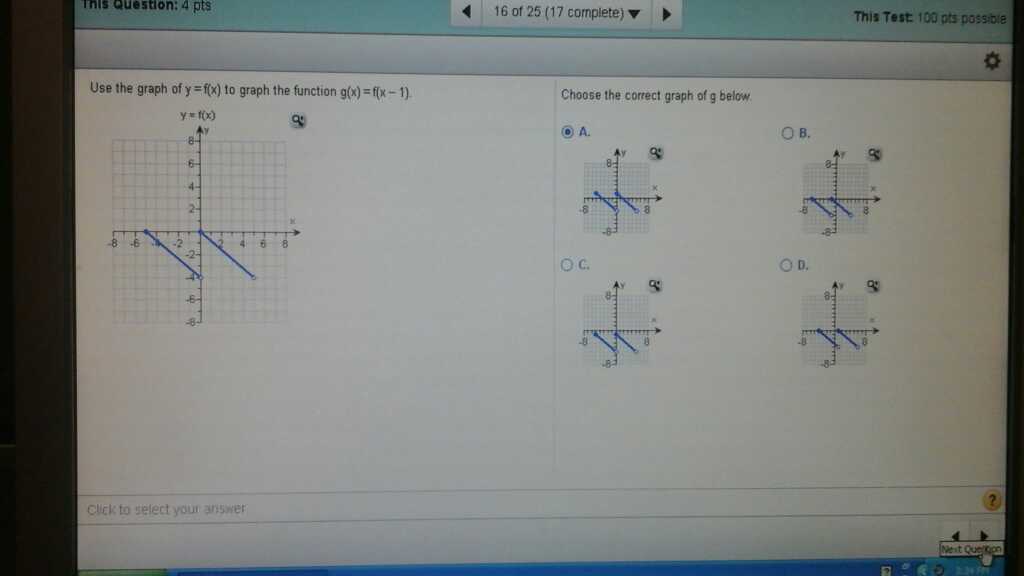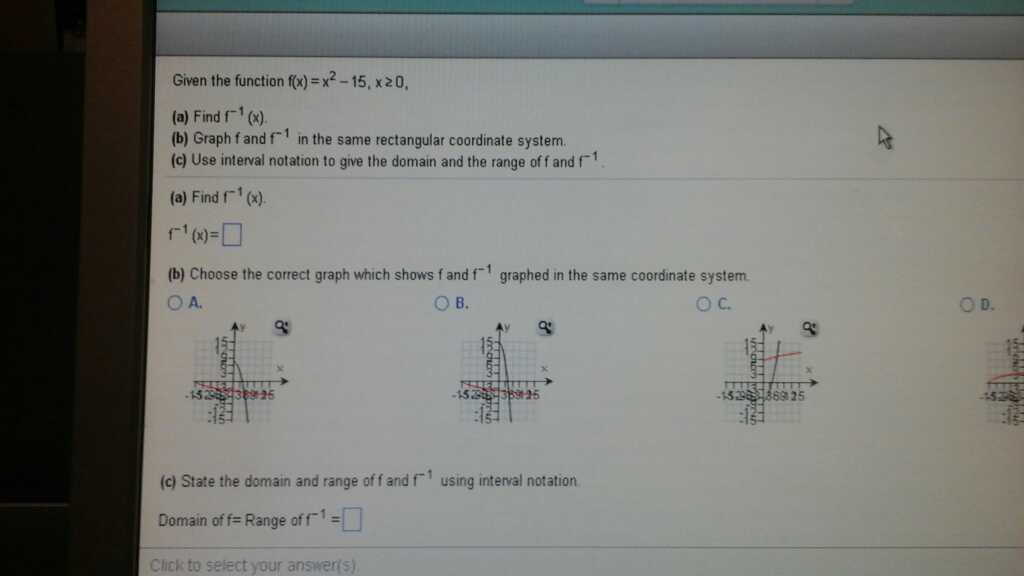Problem:
 Solution;
Solution;
$ \frac{\sec \theta}{\csc \theta - \cot \theta} - \frac{\sec \theta}{\csc \theta + \cot \theta} $
Multiply $ \sin \theta \cos \theta $ above and below:
$ \frac{\sin \theta}{\cos \theta - \cos^2 \theta} - \frac{\sin \theta}{\cos \theta + \cos^2 \theta} $
Make common denominator gives:
$ \frac{\sin \theta(\cos \theta + \cos^2 \theta)}{(\cos \theta + \cos^2 \theta)(\cos \theta - \cos^2 \theta)} - \frac{\sin \theta(\cos \theta - \cos^2 \theta)}{(\cos \theta + \cos^2 \theta)(\cos \theta - \cos^2 \theta)} $
Now do the subtraction
$ \frac{\sin \theta(\cos \theta + \cos^2 \theta)-\sin \theta(\cos \theta - \cos^2 \theta)}{(\cos \theta + \cos^2 \theta)(\cos \theta - \cos^2 \theta)} $
Simplify the numerator by just expand and subtract:
$ \frac{2\sin \theta\cos^2 \theta}{(\cos \theta + \cos^2 \theta)(\cos \theta - \cos^2 \theta)} $
Simplify the denominator:
$ \frac{2\sin \theta\cos^2 \theta}{\cos^2 \theta(1 + \cos \theta)(1 - \cos \theta)} $
Cancel the $ \cos^2 \theta $:
$ \frac{2\sin \theta}{ (1 + \cos \theta)(1 - \cos \theta)} $
Expand the denominator:
$ \frac{2\sin \theta}{1 - \cos^2 \theta} $
Just an identity
$ \frac{2\sin \theta}{\sin^2 \theta} $
There we go
$ 2 \csc \theta $




